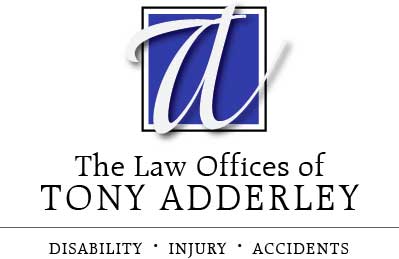The National Institute of Mental Health stated in August that mental illness is a common disability. Six percent of all Americans are afflicted with a serious mental illness, while one in four of us deal with some kind of mental health issue each year. Depression (technically “major depressive disorder”) afflicts millions and is the nation’s most common disabling mental illness. More millions suffer from schizophrenia, panic disorder, obsessive-compulsive disorder, and autism. Eating disorders, personality disorders, and attention deficit hyperactivity disorder (ADHD) also affect significant numbers of Americans.
Across the country, thousands struggle with mental illnesses that may prevent them from holding jobs or from even leaving their homes to eat or to go shopping. Because personal financial instability is so often a real-world consequence of mental illness, Social Security Disability Insurance (SSDI) is the only hope for many.
An individual must, however, prove his or her disability by meeting criteria set by the Social Security Administration as part of the process of applying for SSDI, and mental illness may be difficult to prove. While physical disabilities often can be verified with basic tests or observations, diagnosing mental illness requires a number of subtler assessments that judge social functioning, attentiveness, and the activities of daily living over a period of time.
Hang onto very bit of paperwork connected in any way with a mental condition; it’s evidence, and having your paperwork in order is imperative when seeking disability benefits. In any particular case, the most important documents might include, for example, records from hospitalizations, from various treatments, or from lab results. If you are seeking to receive SSDI benefits because you are dealing with a mental illness, or if you have a loved one in this situation, the best step you can take is to meet with an experienced disability attorney.
A good disability lawyer will oversee your application for SSDI benefits, gather evidence and witnesses, guide you through hearings and other procedures, and defend your rights throughout the entire process. If you or a family member suffers from a mental illness causing disability, find and talk to an experienced disability attorney as soon as possible.

